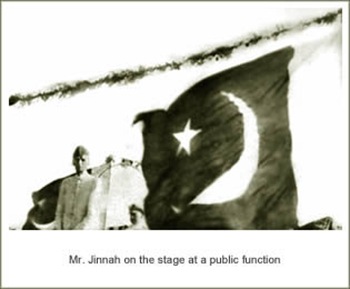By S Khalid Husain
![]()
‘Packard’! the cry would go up, and we would rush to the roadside as Jinnah’s yellow Packard glided by with him, immaculately turned out as always, in the backseat.
This was New Delhi in early 1947, and the place: the India Gate grounds – where we played cricket every evening. We, Hindu, Sikh, Muslim schoolboys from St Columbus, would prance and frolic, as Jinnah watched with half-amused smile. His finger would then rise to his lips and the prancing and frolicking would immediately cease.
Early 1947 was the period Mountbatten had just become viceroy, and was ‘waging’ negotiations with Congress and Muslim League leaders at a hectic pace. Jinnah’s Packard would often be seen driving to, or from, the Vice Regal lodge, the viceroy’s residence, as would also Liaquat Ali Khan’s black Mercury, or Nehru’s limousine. We would rush to the roadside every time any one of these cars was spotted and, frankly, not too respectfully, prance and frolic. Jinnah raising his finger to his lips would silence us, Liaquat Ali Khan gave us what clearly was a ‘not amused’ stare, Nehru would put on his famous faraway look, as if we were not there.



